︎ EWAN WADDELL: "SOCIAL MEDIA IS RUINING OUR LIVES"
Having just touched down from Melbourne, Australia, Cortex met with lo-fi contemporary artist EWAN WADDELL in his hometown, Solihull, to discuss whether technological advancements are positive for the health of a society. He outlines that in some ways they take a step backwards in our social evolution. Waddell uses streetwear design and lo-fi branding as a medium to explore anthropological ideas and the relationship between technology and mental health.

The slogan, "social media is ruining our lives" is prevalent throughout your work. Can you explain how this began to influence your work and how it fits in to the collection?
I see the collection as a dialogue with myself, in the sense that I am someone who is pretty addicted to social media. The collection is a commentary on my generation with myself as a case study. I see myself as a good example of the positives of what can be done if you're a member of our generation with access to certain opportunities. But I’m also an example of the negative side of our generation in terms of social media addiction, superficiality and insecurity.
Are you still aware of the positive side of social media then?
It's just a statement that will catch people’s attention and I'm sure a lot of people would agree with – but I don't believe social media is actually ruining our lives. It’s such a giant platform that you can't really characterise it as good or bad. Money can be raised through Kickstarter and GoFundMe pages which literally save lives in certain situations, but at the same time you can become addicted, become superficial and spread bad ideas.
I was reading a book recently which talks about the marriage of science and empire. It describes how colonialism, whilst there are so many horrible things that come with it, allowed us to go into a lot of poor countries and spread scientific, medical and economic resources, improving the global standard of living. But you can’t separate those positives of colonialism from the atrocities it caused like war and genocide. It’s really complex to talk about. You can’t change the horrific history of colonialism, yet the world reaps the benefits today. I feel like social media might be kind of like that… you can’t have all the positive, connecting and inspiring elements of it without all the superficial and mentally unhealthy bad shit, therefore I don’t think it’s inherently good or bad, it just is what it is and it’s up to the individual to use it in the right way. Obviously though, as the slogan suggests, this collection is just exploring and criticising all the bad parts of it.

Where do you find yourself most free to be able to create and explore ideas?
It's all the time. But recently it has been from reading books. This collection has been inspired by books I've read, particularly concerning anthropology. There is a book called 'Tribe' by Sebastian Junger, describing how we are basically animals. He describes how our brain works through chemical reward systems. We have the same brains as cavemen but live in a world immensely different from those times. He suggests that mental health issues today are caused by our ancient brains not being able to fully adjust to the world we have built for ourselves. We are not evolved to live in this world right now.
When I designed this collection – when I was living in Melbourne – at the time I was creatively inspired by the fashion photography and styling over there. And I feel like the aesthetics kind of reflect that. The raw concept however is a lot of literature. Documentaries too. There is a good series by Adam Curtis, called 'The Century of the Self', about the birth of marketing culture, born by Edward Bernays, who is the nephew of Freud. Bernays literally founded propaganda and you realise how intertwined psychology and marketing are. Somehow, they figured out a way to mass-produce individualism.

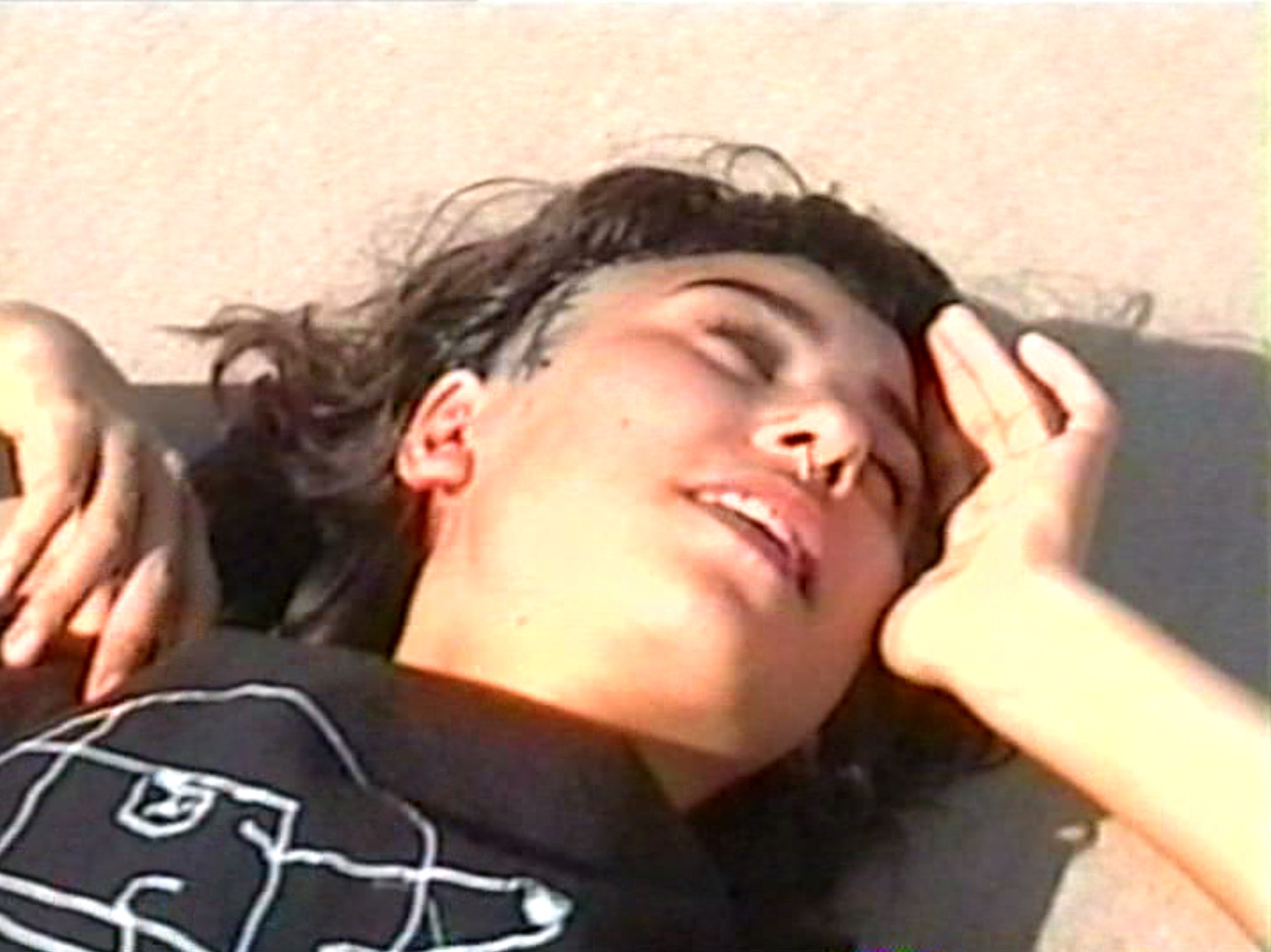

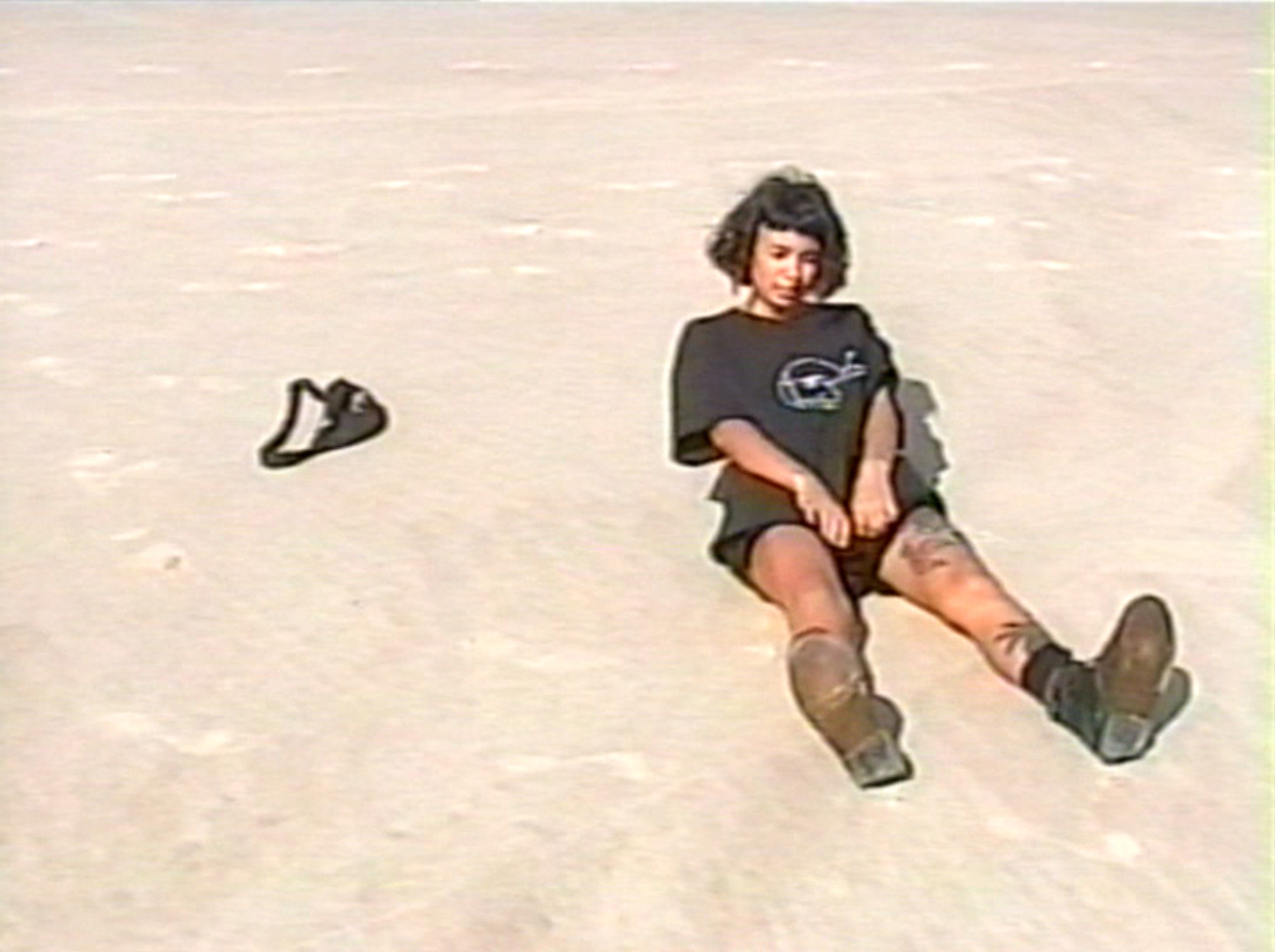

Did you start using the 'Evian' slogan idea as a marketing ploy through social media? Whenever I see a bottle of Evian I immediately think of you.
That's exactly what I want to happen. To me It represents the idea of purity. Initially Facebook and Instagram sell you these ideas of connectivity where you can have close relationships and maintain them with people all around the world. At the same time though, it’s selling you a fake idea because it just maintains superficial relationships where you think you have great connections with people but they're not deep. It's like when you speak to someone over text, on the phone and in person. In messages no tone or emotion is communicated. But if you see someone in person you do get that, allowing you to create ethereal levels of emotional connection that are built through actually seeing someone in person. In that sense social media is selling you the idea of purity within connection. The parallel that I draw with Evian is that if you look at the logo there are beautiful white mountains from Evian overlooking Lake Geneva, which is pure and fresh and it suggests that if you drink this water then you are going to be beautiful and pure as well. It's this Edward Bernays and Freudian idea of marketing that started in the sixties and dominates our culture now. People in advertising sell you a lifestyle. The 'Evian' logo is representative of that and what I am talking about is the fakeness of it. Evian has recently had legal action against them regarding the content of their water being contaminated, which shows that it isn't as pure and perfect as they make it out to be. We don’t need Facebook and Instagram to maintain relationships in the same way society doesn’t need bottled water.
So many companies use this peaceful, serene landscape as iconography, like the Paramount intro for movies, it just fucks with your psychology because inherently we are apes. We are animals. We have the same brains as cavemen that lived fifty-thousand years ago. And psychologists and advertisement people know that our brains react positively to the idea of peaceful, serene nature and trick us in advertising so we feel happy and calm when we are considering beautiful snow-capped mountains. But we aren't actually getting peacefulness when buying bottled water and it isn’t necessarily good for our mental health and relationships when we open the Facebook app.
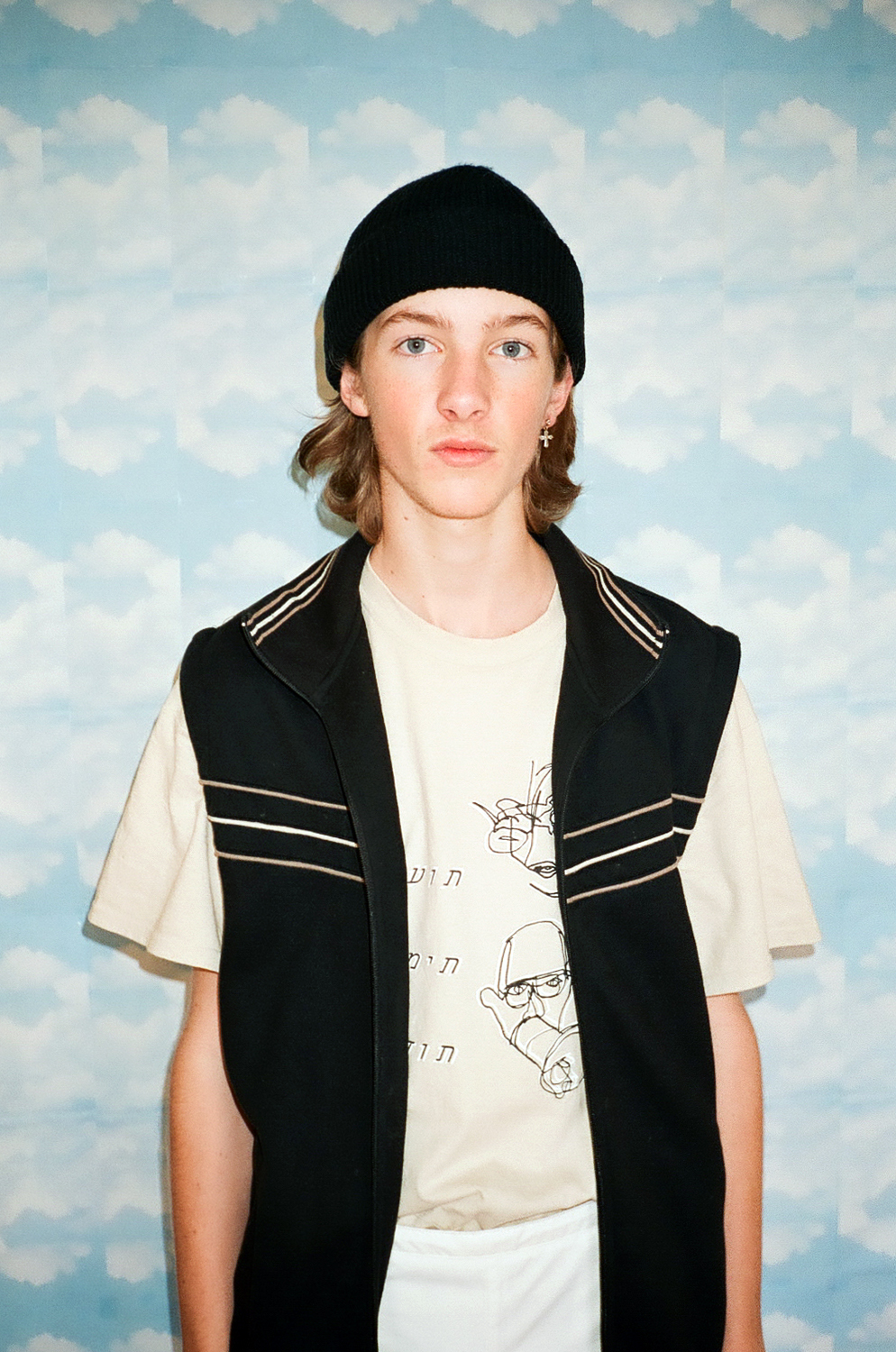 Can you explain why you incorporated the slogan, "free Truman" into the logo?
Can you explain why you incorporated the slogan, "free Truman" into the logo?
The 'Free Truman' tee is a reference to 'The Truman Show', a 1998 movie featuring Jim Carrey. I used the narrative as an analogy for social media. Jim Carrey's character is Truman Burbank, he’s the star of a TV show, where the set is an entire town, and everyone except for Truman are actors. He has spent his entire life there surrounded by secret cameras, with everyone he interacts with having scripted dialogue, with Truman being the only one who believes it’s real life. To me it works as an analogy for social media because in both scenarios, everyone is showing an overly editorialised, fake version of themselves.
We have the insecurity of having to showcase pretty much exclusively just positive parts of ourselves so that other people look positively upon us. We scroll through Instagram like Truman strolling through the streets of his town, with fake representations of everyone around us. I think that's hugely negative. We have caveman brains which crave close relationships with other people, and a huge part of creating strong emotional bonds with others is through expressing vulnerability and being emotionally open. Social media totally contradicts that. I feel like this is part of why there are so many mental health and suicide issues today, because there isn’t this openness between people.
The idea of “Free Truman” is to free yourself from this world of fakeness and bullshit. Not necessarily deleting your accounts, but just not believing the representations you see of people’s lives and characters on social media.
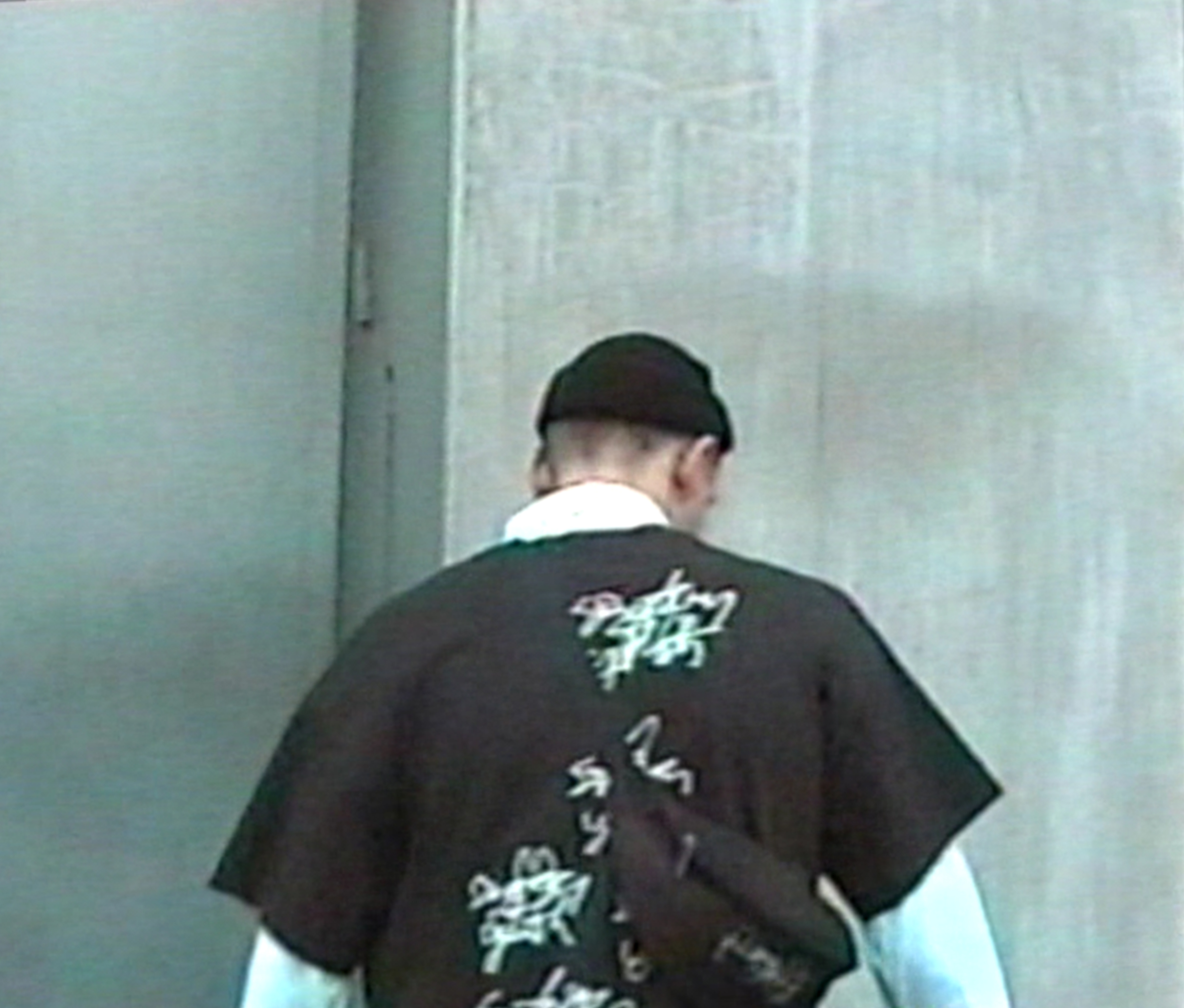

When you were shooting the collection, you made a decision to use different methods than you would have previously including a low res mobile phone camera and a VHS camcorder from which you took stills. What was the creative reasoning behind this?
I used a lot of different forms of lo-fi technology. Like an old Nokia phone with a two-megapixel camera, a VHS camcorder from which I took screenshots of the videos to get the final photos, and then I shot 35mm film. The reason I used all of these lo-fi, low resolution forms of technology was to comment on society today – particularly consumerism. The fact that every two years there’s a new iPhone or Samsung that comes out, and there’s always new technology that is just a little bit better, and we don't need any of it. It's all bullshit in marketing. We always desire the newest things and it’s hugely negative. So, in terms of why I used analogue methods, it was just to suggest that I can make great editorials on shitty cameras, and that you don't need the latest technology. You can be happy and satisfied with the shit you've already got.
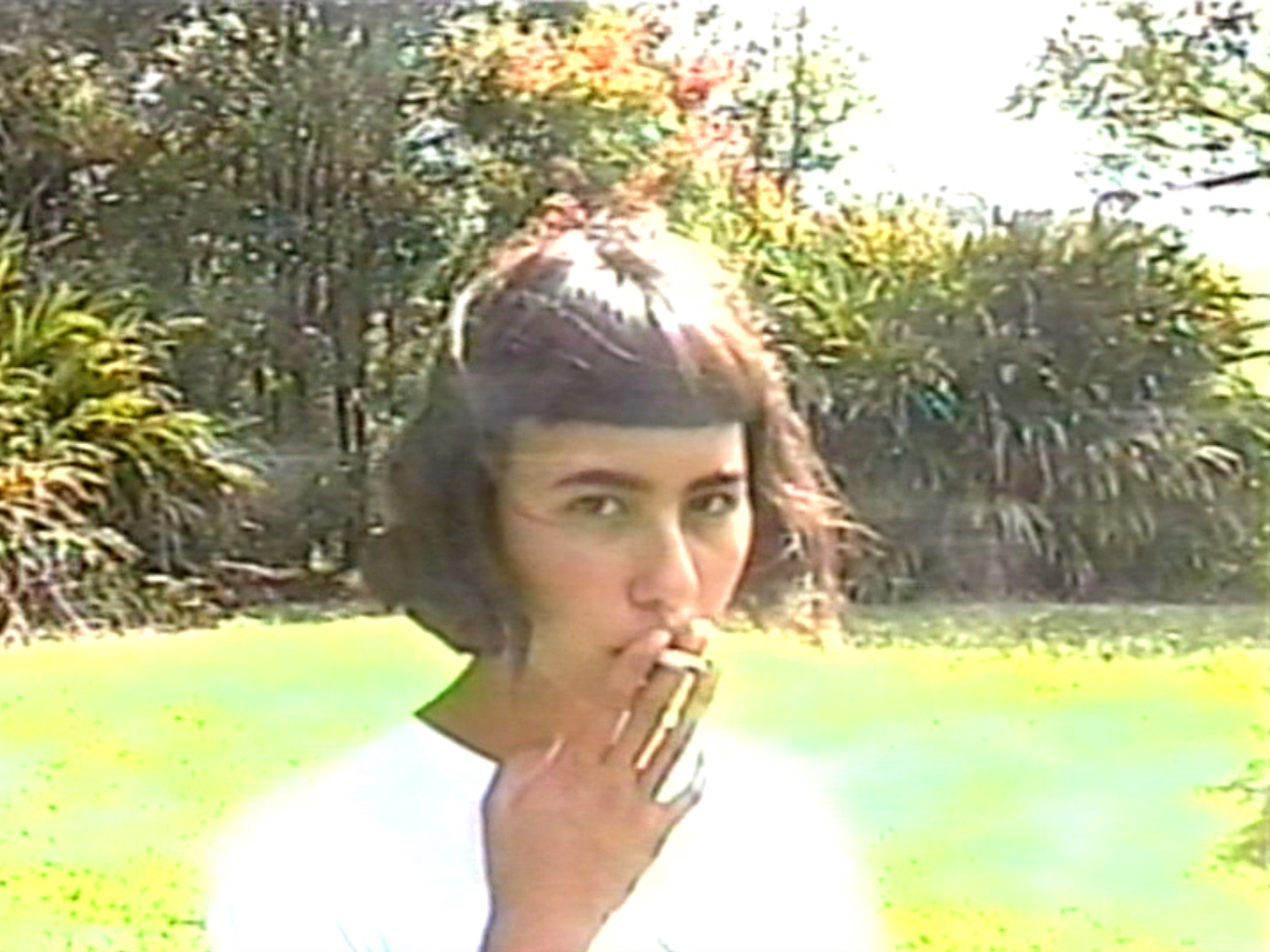


You do everything yourself throughout the whole process; photography, design, casting models, styling, locations, social media marketing etc. Is that difficult to balance or do you enjoy having total creative freedom?
It obviously takes up a lot of time but I like having complete creative control and my mind is more at ease doing it all myself. I don't mind spending a little more time working on every aspect so I know that it'll be a complete reflection of what I want. In terms of self-worth, you can be a lot prouder if you have done everything yourself. Creatively every single step is my imagination. That feels good at the end of the day.
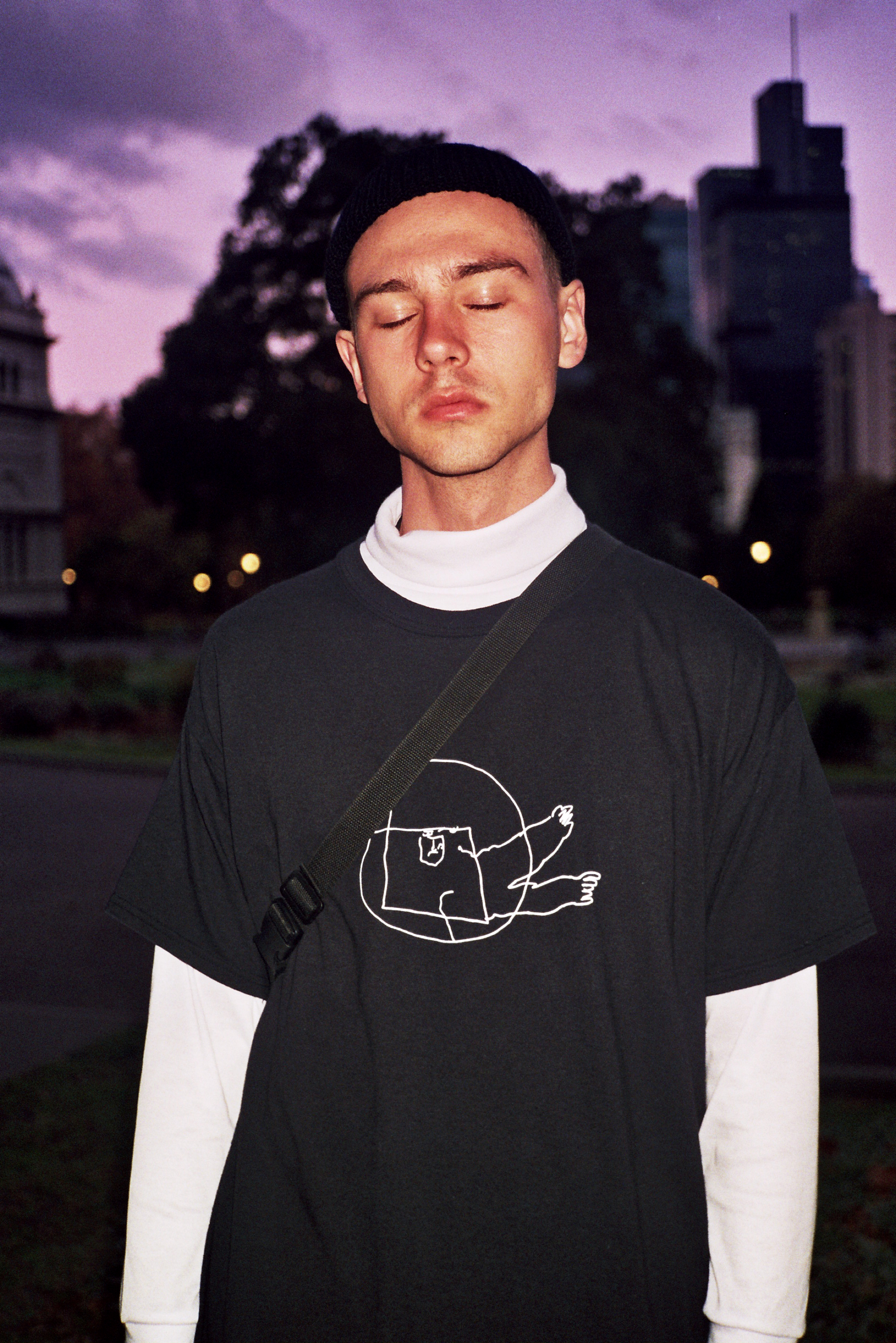 You've taken a lot of inspiration from nature and the ocean in particular, why is it that you are drawn to these elements?
You've taken a lot of inspiration from nature and the ocean in particular, why is it that you are drawn to these elements?
The conceptual backdrop to the collection is a suggestion that humans are nothing more than intelligent animals in an industrial society, so the vast majority of the editorials were shot in beautiful natural settings as a nod to that. The ocean is really powerful and symbolic to me. In the video editorial I shot a girl stood by the ocean...I think it’s a good analogy of where we are as a species. We are on the threshold of incredible technological advancements which could destroy us – like nuclear war. But also, the future could be so good for us in terms of connectivity and helping people through medical advancements and everything. The ocean is insanely powerful; it creates tsunami's, which can kill us, we can drown in the ocean, but you can also be baptised and cleansed in the shallows. It’s so powerful but we can’t really predict what it’s going to do next, as much as we can’t predict what’s going to happen next to us as a species. I find this uncertainty fascinating.

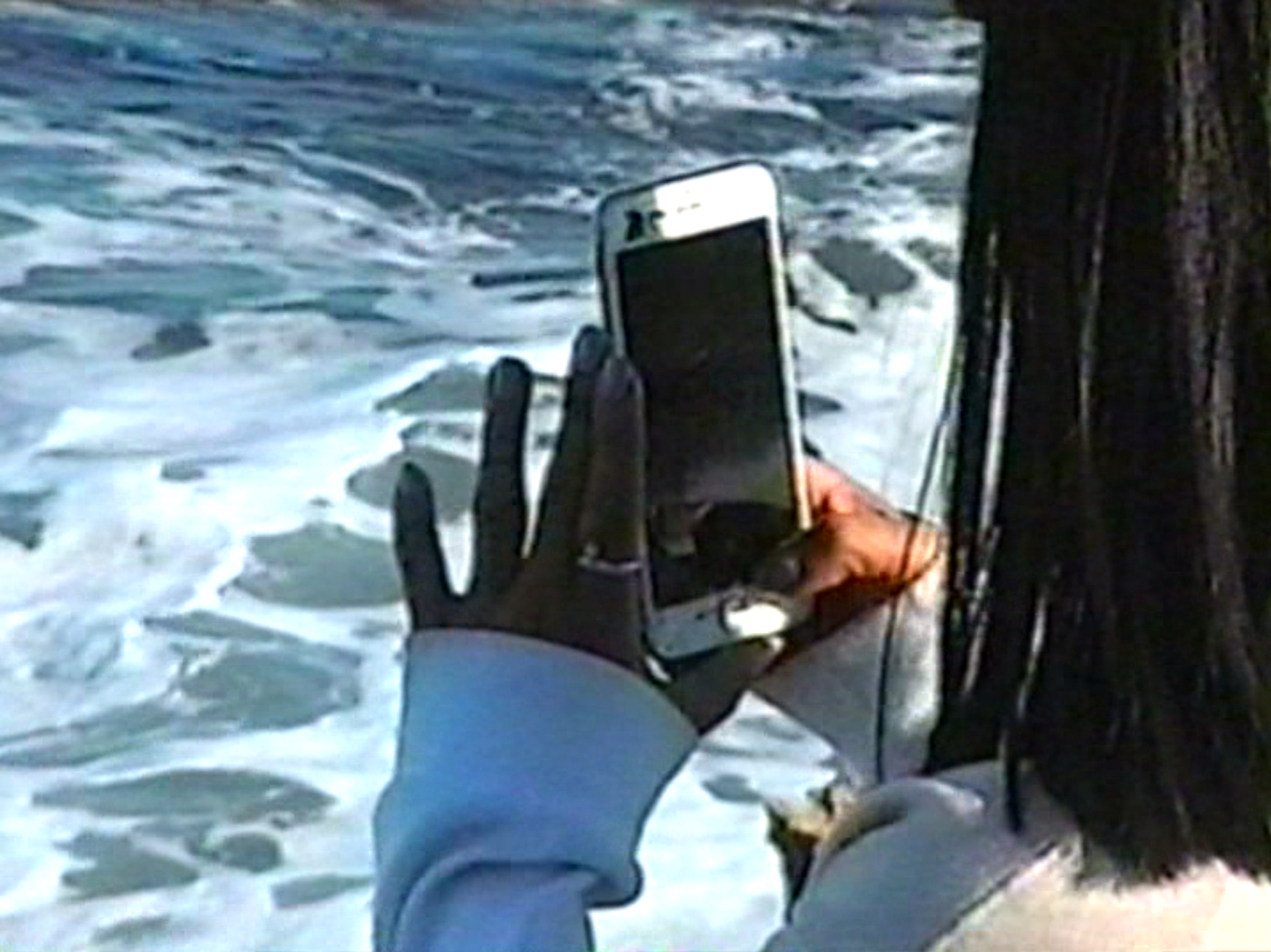

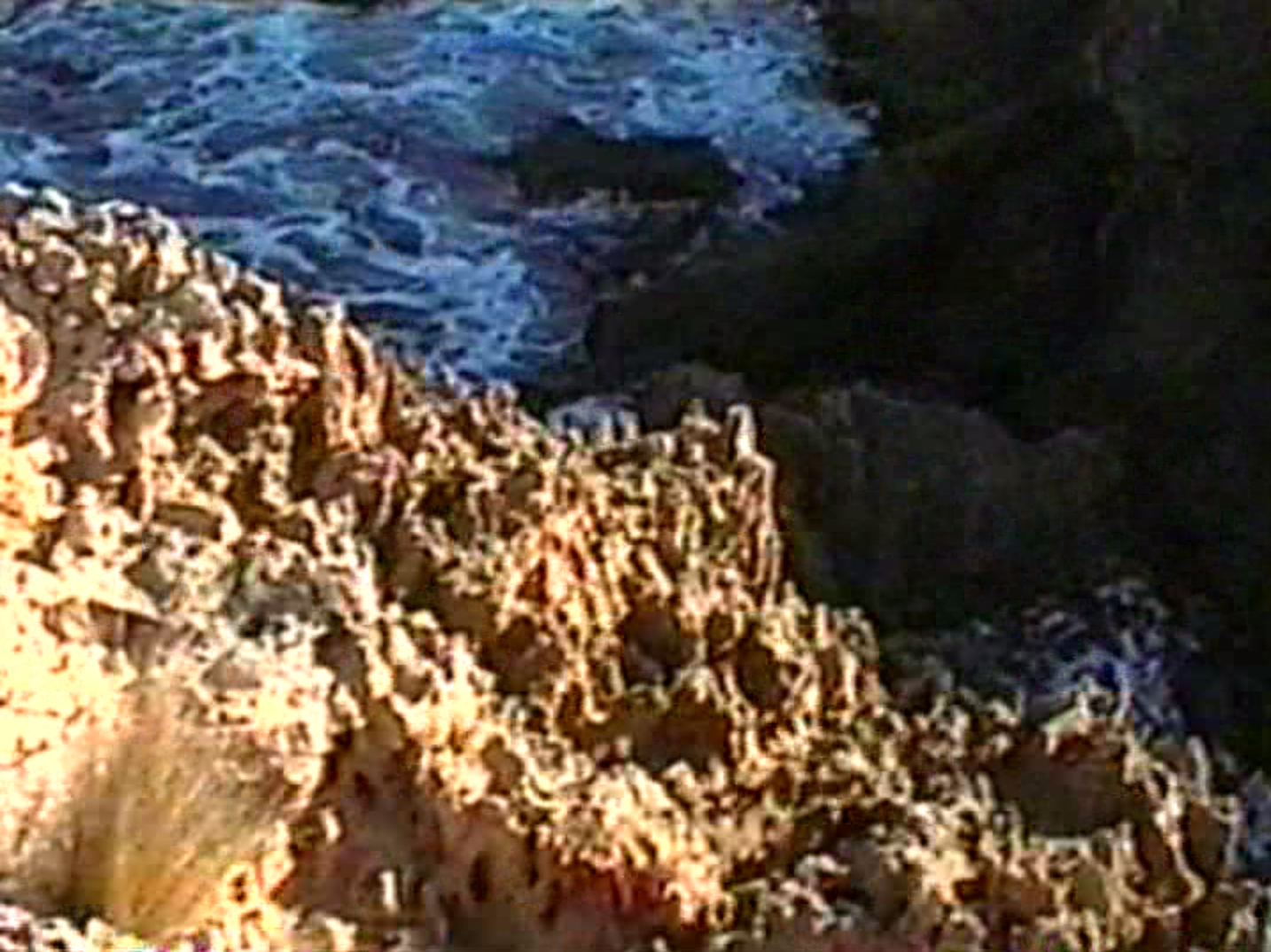
Could you give me some insight into the rest of the collection?
A reoccurring theme you see all the time on social media are depictions of beauty, and it’s even more so now they’re integrating commercial posts and advertising amongst the user content. We’re overwhelmed with ‘beauty’ when we scroll through our phones and devices and everything, and I feel like it might subconsciously give us overly-high expectations of reality, you know? Which is obviously harmful…because if we’re being overly critical of our reality then we’re never going to be fully satisfied. So as a comment against culture, I used a reoccurring vibe of ‘ugly’ depictions of faces and people. But they’re not even really ‘ugly’. Ugliness and beauty are just social trends and I don’t think they’re really as real as we believe they are. So yeah, that’s probably the best way I can characterise the whole aesthetic.


What's next? Do you have plans to make another collection?
Yeah, I do definitely want to make more clothing. But it’s not like I want to be a fashion designer or anything. I’m really interested in anthropology and that's what I might want to pursue in the future. I may study to be a mental health support worker too. I really like studying anthropology but inherently I'm a creative person, so I just get some fucking good old serotonin when I draw and shit. So whatever creative outlet it is, whether it's a short film, clothing or a publication, I really just want to use creative ways to reflect what fascinates me about society.
Do you have some words of advice, which other creative people would find valuable?
Rather than just focusing on what your creative interest is, focus on why you want to do it before you do it. With this collection I tapped into subject matters that I personally found fascinating and I ended up writing essays about them just for myself to help me consider them from a more objective, kind of academic perspective. This allowed me to find what was thematically important to me, and as a result, ideas for designs just flowed out of me. I didn't give a shit about what the clothing really looked like initially because the subject matter had personal meaning. I did tweak it though so it made sense aesthetically. Everyone has their own path but my advice is if you want to do something creative, you've got to find out what means something to you rather than creating something for the sake of it.
Interviewed & written by MATHEW PRICHARD
Shot by MATHEW PRICHARD
Photos and film by EWAN WADDELL
